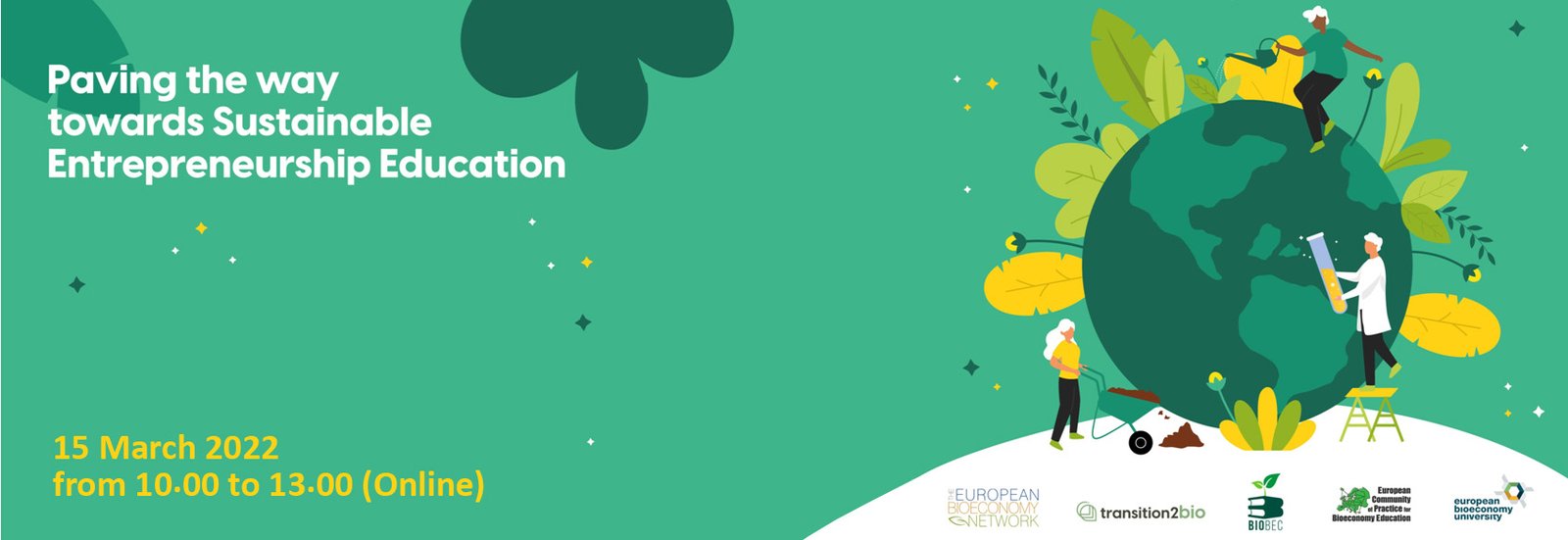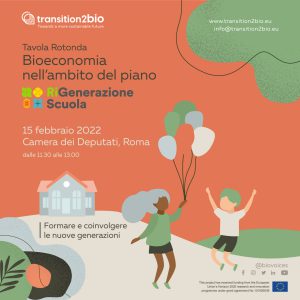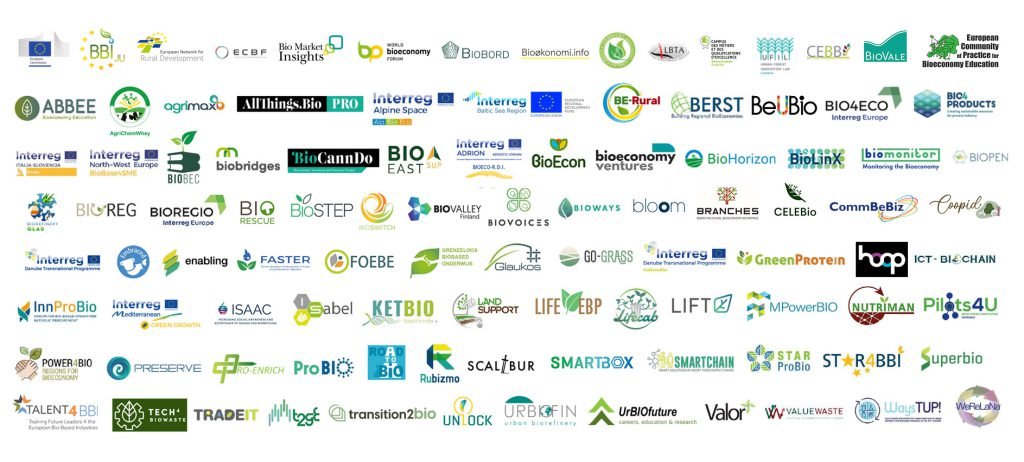Workshop “Paving the way towards Sustainable Entrepreneurship Education”

The European Bioeconomy Network, Transition2Bio, the European Community of Practice for Bioeconomy Education, BIOSKILLS, BIOBec and the European Bioeconomy University (EBU), will organize the workshop “Paving the way towards Sustainable Entrepreneurship Education”.
This workshop will involve projects and initiatives interested in the intersection of Entrepreneurship Education (EE) and Sustainable Education (SE), with a special focus on circular and sustainable bioeconomy. The aim is to identify how the cross-fertilisation of EE and SE can help design educational curricula and extra-curricular activities for sustainability-minded entrepreneurs of tomorrow.
Format
During the workshop several projects and initiatives will be involved in the presentation of inspirational case studies in order to share good practices and increase knowledge about the topic in a mutual learning activity. Participants will be engaged in an interactive discussion to collect suggestions and inputs in order to generate ideas towards Sustainable Entrepreneurship Education.
The Agenda is available at this link.
Registration
Please register online to the workshop at this link.
There is no registration fee. Participants will receive the link for the virtual meeting by email.
The deadline for the registration is 13 March 2022.

Expected outcomes
Facilitate Mutual Learning and Knowledge Sharing among the 2 domains (EE and SE), with a special focus on circular bioeconomy
- Identify the skills and competences needed by Sustainable Entrepreneurs
- How this affects the existing educational communities
- Provide recommendations for topics, issues and challenges that need to be addressed in future research
Target audience
The organizers encourage the participation of EU funded projects in education, EU policy officers, Ministries of education, Ministries of labour, Ministries of green transition, Educational providers, Industrial clusters, Incubators and accelerators.
Workshop Organising Committee
Susanna Albertini, EuBioNet, Transition2Bio, BIObec
George Sakellaris, European Community of Practice for Bioeconomy Education, BIOEAST
Stefan Lilischkis, BIOSKILLS Tender
Han van Osch, European Community of Practice for Bioeconomy Education
Davide Viaggi, BIObec
For more information, please contact
Susanna Albertini
Email: albertini@fvaweb.it



 The role of Bioeconomy in the Italian initiative “RiGenerazione Scuola” – Involving and educating the new generations
The role of Bioeconomy in the Italian initiative “RiGenerazione Scuola” – Involving and educating the new generations
